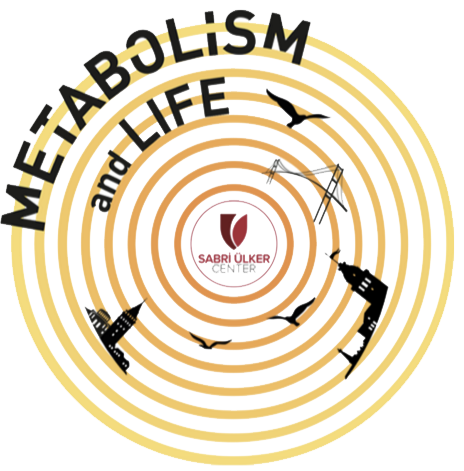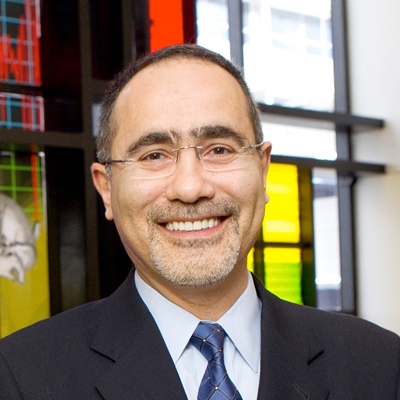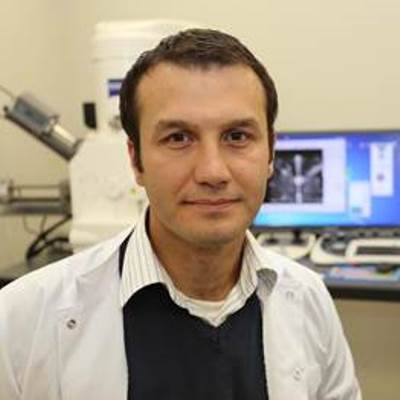


Peter Tontonoz received his B.A. from Wesleyan University and his M.D. and Ph.D. from Harvard Medical School.
Dr. Tontonoz is Professor of Pathology and Laboratory Medicine, a Howard Hughes Medical Institute Investigator, and holds a Dean’s endowed chair at the University of California, Los Angeles. The focus of his laboratory is the control of gene expression by lipids and the role of nuclear receptors in lipid metabolism. His major research contributions include the delineation of role of PPAR and LXR in adipogenesis and atherosclerosis, and elucidation of mechanisms of crosstalk between metabolism, inflammation and immunity. Dr. Tontonoz is a recipient of the Richard Weitzman Award and the Gerald D. Aurbach Award from the Endocrine Society and the Jeffrey Hoeg Award for Basic Science and Clinical Research from the American Heart Association. Dr. Tontonoz serves on a number of editorial boards and is an Associate Editor of Molecular and Cellular Biology.
Control of lipid abundance and organization is essential for life. Dysregulation of lipid homeostasis is linked to common diseases, including diabetes, obesity, and atherosclerosis. Our long-term goal is to understand the mechanisms whereby lipids control gene expression and impact the development of metabolic disease. We have used the transcriptional program controlled by the lipid-activated nuclear receptor LXR as a Rosetta stone to uncover fundamental mechanisms involved in lipid metabolism and inflammation potential opportunities for drug development. LXR signaling is critical for the maintenance of cellular and systemic cholesterol balance in mammals. LXRs coordinately regulate the expression of a battery of target genes involved in the uptake, efflux, transport and elimination of sterols. The LXR pathway is an important counterpoint to the SREBP pathway, which regulates lipid synthesis, and there are multiple mechanisms for crosstalk and integration. LXR target genes are highly represented in GWAS for plasma lipid levels and coronary artery disease, underscoring the relevance of LXR signaling for human biology. Recent work has focused on three key mediators of LXR action: Idol–which controls lipoprotein receptor activity, and Lpcat3 and Abca1–which control membrane composition. Delineation of these pathways has revealed new regulatory concepts and brought insights with implications beyond the field of lipid metabolism.













